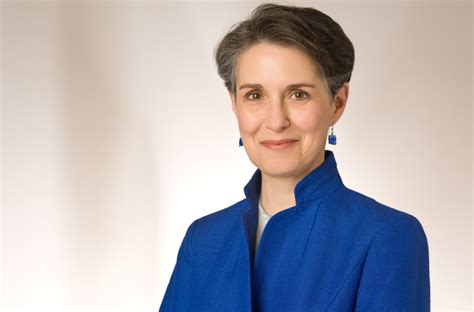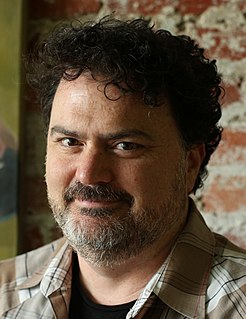A Quote by Daniel Kahneman
If you think in terms of major losses, because losses loom much larger than gains - that's a very well-established finding - you tend to be very risk-averse. When you think in terms of wealth, you tend to be much less risk-averse.




































